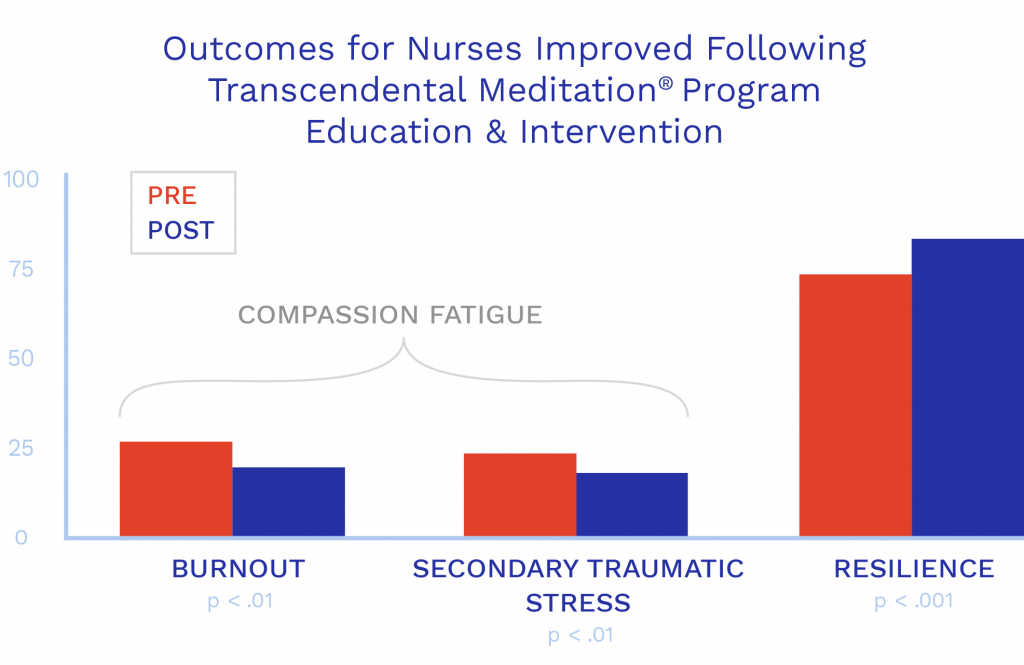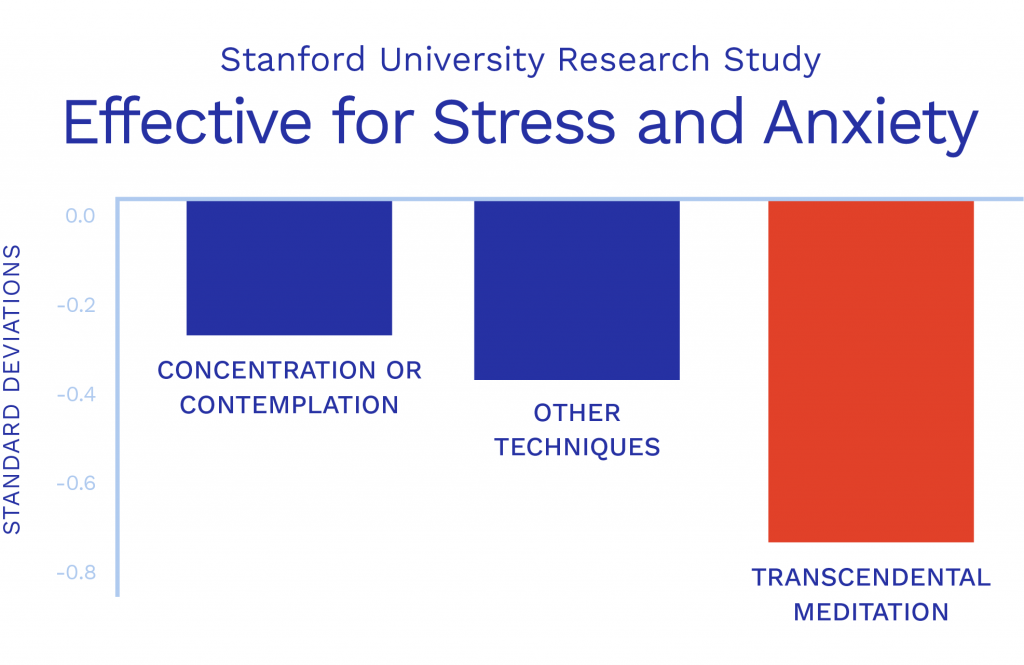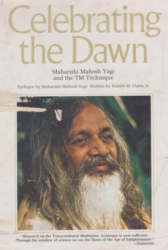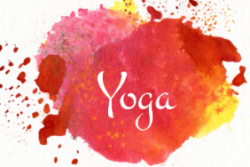Challenges for Nurses During a Pandemic

The headline of an article published in the New York Times on Aug. 21, 2021 by Andrew Jacobs, reads: “Nursing Is in Crisis: Staff Shortages Put Patients at Risk”.
Even before Covid, studies have shown that 30% of new graduate RNs leave bedside nursing in the first year, and 57% leave in the second year. The number of nurses leaving the profession has dramatically increased in the last year and a half.
Throughout history, nurses have remained steadfast, governed by a heartfelt sense of duty—but now they are depleted and traumatized. Nursing shortages have been a serious issue for many years, but since the start of Covid our nurses have been stretched as never before.
The NY Times reports, “The staffing shortages have a hospital-wide domino effect. When hospitals lack nurses to treat those who need less intensive care, emergency rooms and ICUs are unable to move patients out, creating a traffic jam that limits their ability to admit new ones. ‘When hospitals are understaffed, people die,’ said Patricia Pittman, director of the Health Workforce Research Center at George Washington University.”

The pandemic has required nurses to balance their duty to care for patients with protecting themselves and their families. COVID-19 patient care volume and shortages of lifesaving equipment as well as personal protective equipment (PPE) have increased moral distress among nurses.
Moral distress is knowing the right thing to do but while facing constraints that make doing the right thing almost impossible. This conflict threatens basic nursing values, moral integrity and even the health and wellbeing of nurses.
The increased number of acutely ill and terminal Covid patients requiring intense nursing care has placed an additional physical and emotional toll on nurses. A nurse is often the only person communicating with the family outside of the critical care unit, giving support to the families while fighting to save their patients’ lives. A poster on one ICU nurses’ lounge says: “Here’s to another day of outward smiles and inward screams.”
Nurses are struggling to process their shift each day. They don’t want to bring the stress, anxiety and sadness home to their families, so many try to block it out on the commute home or turn to unhealthy habits in an attempt to handle their intense feelings. Even as nurses are being held up as heroes, they are struggling.

As one nurse, Jennifer Tellone RN, describes in the Tampa Bay Times, “I don’t feel like a hero. I feel helpless.”
All of these challenges are creating a critical situation in nursing and healthcare as a whole.
What does Transcendental Meditation offer to Nurses?
Nurses throughout the nation have chosen to learn the Transcendental Meditation technique alleviate the pressure and remain in the nursing profession.
One nurse who learned Transcendental Meditation says: “Some days I have a lot of anxiety going into work at the hospital. Now I arrive early and do my TM in the car in the parking garage prior to my shift. It helps me to start the shift calmly and optimistically, with patience and compassion.”
Another nurse says: “The best benefit for me so far is that TM helps me turn off work at night. I do not dream of patients all night and I sleep better.”
Resilience is the ability to bounce back from the overwhelming influence of challenges and obstacles. Nurses nationwide are losing their ability to “bounce back” and are, quite literally, “running on fumes.” Even before the pandemic nurses had been looking for ways to deal with compassion fatigue, burnout and “moral distress.”

Results showed statistically significant improvements in resilience and all three subscales of the compassion fatigue questionnaire after 4 months of Transcendental Meditation practice. In addition, resilience showed a large statistically significant inverse relationship with burnout and a moderate direct relationship with compassion satisfaction. [1]
The Transcendental Meditation technique, through its effect in reducing stress and optimizing brain functioning, builds resilience to stress. Research has shown that TM practitioners habituate more quickly to stressors and that they demonstrate fewer stressful responses to the same stressful situations over time.
Faster recovery from stress and anxiety

The physiological effect during the practice of the Transcendental Meditation (TM) technique is the opposite of the stress response. In published studies, TM meditators have been shown to experience less of the harmful internal stress responses and startle responses compared to non-meditating control subjects of the same age and demographics.
Transcendental Meditation increases our inner balance, calmness and resilience so that fear and anxiety are triggered more rarely.

Nurses report that during and after the practice of the TM technique, they often feel less stressed, happier, and more focused. The effects of TM carry into activity even after TM.
We are happy to have been teaching the evidence-based Transcendental Meditation program to many hundreds of nurses around the United States during the pandemic, helping them prevent and reduce stress and anxiety, salvaging their personal and professional lives and keeping our hospitals and clinics fully staffed going forward.
We would love to be able to offer TM to each and every nurse. Nurses are the heart of the healthcare system; we need to do everything we can to keep them safe, resilient and able to live healthy, successful personal and professional lives.
Comments from more nurses
What a few of the nurses we have taught in the past couple of years say about the TM program:
“I still deal with burnout and stress on a daily basis, but I believe that TM 2x a day has helped me come to terms with my negative emotions instead of ignoring my problems. I have been able to experience my stress and place it in front of me. I am learning how to manage what I am going through. TM has allowed me to be more mindful of my surroundings, instead of running on autopilot.”
Angelica Manangan, BSN, RN
“We are all so overwhelmed—too much noise in our heads! TM truly teaches a way to find the quiet, open our brains and make space…. This is a collective effort by nurses, for nurses, to preserve our quality of life and keep our profession alive.”
Betsy Garner-Andrus RN, BSN
“TM practice is effortless and unlike other meditations I have tried. TM has given me a calmness and a centeredness. Since beginning TM practice, I have felt better rested and focused. I view my practice as a much needed and beneficial form of self-care that then extends to better outcomes, both in my professional and personal life. I have more creative energy than previously, more patience and more joy.”
Amy Sannes RN, BSN
1. Bonamer JR, Aquino-Russell C. Self-care strategies for professional development: Transcendental Meditation reduces compassion fatigue and improves resilience for nurses. Journal for Nurses in Professional Development 2019 35(2):93-97.
Enjoyable, effective self-care for every professional: Contact a TM teacher
About the Author
Vanessa Vidal is the US national director of TM for Women. Amy Ruff is the US director of TM for Nurses.





